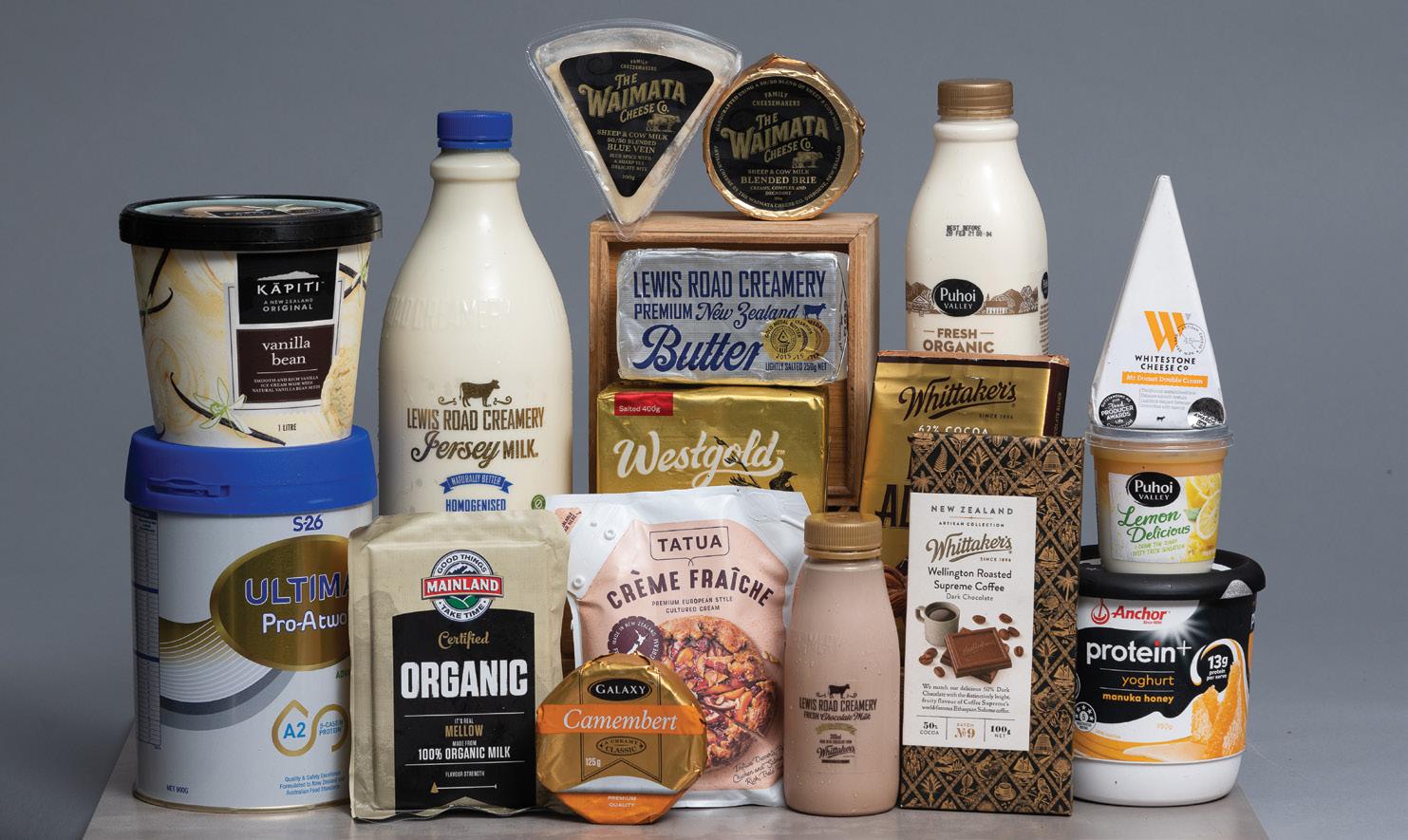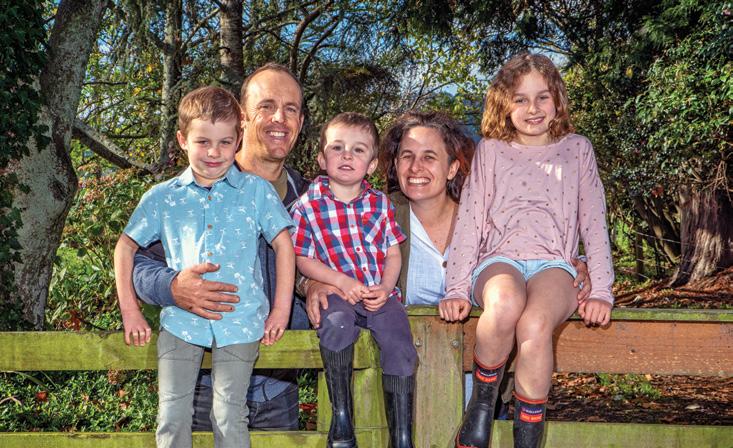DAIRY 101 INVESTMENTS
Making a killing off-farm Story and photos by: Karen Trebilcock
S
o we’re experiencing one of the highest dairy payouts for years and, after you’ve paid off that principal on your debt you’ve been meaning to do, what to do with all that cash? Firstly, I’m not an investment manager, I have no training whatsoever so disclaimer, disclaimer, always consult an expert. But if you do not yet have a Kiwisaver account have another think about it. KiwiSaver, also called free money from the Government, works just as well for the self-employed as it does for your staff. In some ways, it works better. If you put in $1042.86 or more between 1 July and the 30 June each year, the Government will give you, yes, give you, $521.43. Not bad. And being self-employed, you can choose when you put this money in. What a lot of people don’t understand is KiwiSaver works on units. When you put your $1042.86 in, you are actually buying $1042.86 worth of units. The price of the unit changes depending on the fund you are paying into and hopefully they go steadily up. However, when Covid-19 hit last year 86
they dropped and everyone saw their KiwiSaver balances do the same. At the bottom of the drop was the best time to stick that $1042.86 in as a few months later, as the unit price again increased, it was worth a whole lot more. Salary and wage earners don’t have that ability – they are paying the same amount in every week, although they also have their employer’s contribution, which is the downside of being self-employed.
WHAT TO INVEST IN
So that’s a thousand and a bit dollars sorted out, what to do with the rest? Well, as they say, that’s the million dollar question. With the best bank interest rates at about 1%, sticking it in the bank is not attractive. There is the share market and with apps for your phone such as Sharesies, it’s now a lot easier than having to email or phone your share broker. Plus, while you are waiting for that slow cow to milk out, you can check your balance. But the share market, both here and internationally, can be like going to the casino and the same rules apply. Only take
with you the money you are prepared to lose. You have no control on how much you will earn or lose and a lot of the time it doesn’t make any sense. Why did this share go up or down? It should be about the company’s balance sheet and the dividend it’s paying, but a lot of the time it seems simply because people think it’s a great company to invest in, or not. There are managed funds you can buy into which spread the risk across a number of companies’ shares (which Sharesies also does), and the growth funds of KiwiSaver do the same. Whether you invest in one of these and pay the fees, or come up with your own portfolio, remember that fund managers get it wrong too, no one predicted the timing of Covid-19 and no one can see into the future. And if they could, they would just buy a Lotto ticket. The good thing about shares is the money you make buying and selling them is not taxed as a share is classed as an asset (the dividend you receive from the shares is taxed). The bad thing about shares is the money you lose buying and selling them is also not taxed – you can’t claim it as a loss against your business.
Dairy Exporter | www.nzfarmlife.co.nz | May 2021


























